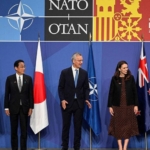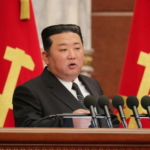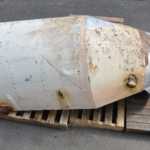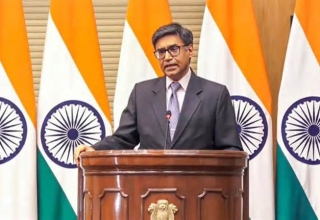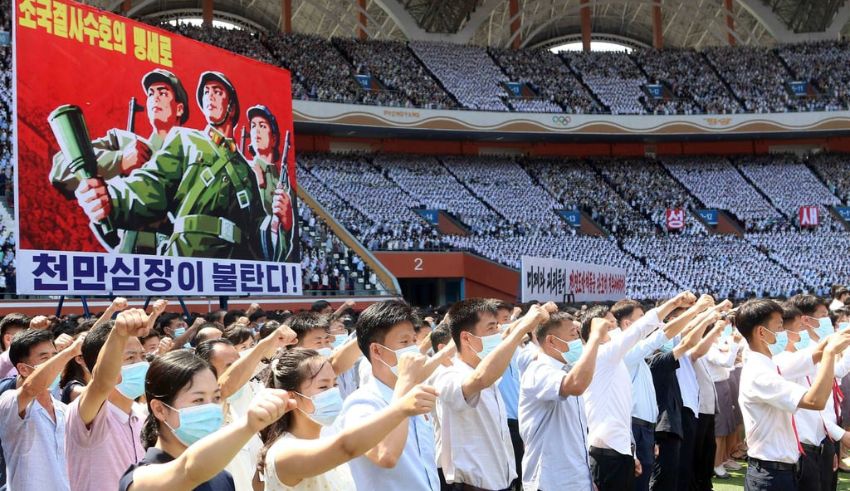
North Korea has recently staged large-scale rallies against the United States, while also threatening nuclear war. These demonstrations, defined by outpourings of nationalism and anti-US emotion, highlight the Korean Peninsula’s growing tensions and the North Korean government’s ambition to showcase its military capabilities.
The article focuses on rallies organized in North Korea, which drew a large number of people and were marked by impassioned speeches and demonstrations. The protests were organized to protest what North Korea sees as hostile activities and intervention in its internal affairs by the US.
North Korean authorities spoke to the audience, reiterating the country’s determination to protect its sovereignty and threatening nuclear war if the US continues to pose a threat to its security. These statements reflect the North Korean government’s long-held attitude of proclaiming nuclear capabilities as a deterrent to perceived external aggression.
The protests and anti-US rhetoric highlight North Korea’s ongoing defiance of international pressure and sanctions aimed at limiting its nuclear ambitions. They serve as a reminder of the international community’s ongoing challenges in dealing with North Korea’s nuclear program and its influence on regional stability.
The escalation of hostilities between North Korea and the US comes amid stalled diplomatic efforts to achieve denuclearization and long-term peace on the Korean Peninsula. The protests show North Korea’s displeasure with the current state of affairs, as well as its willingness to use harsh rhetoric to assert its interests.
Given the possible ramifications of any escalation in hostilities, the international community closely observes developments on the Korean Peninsula. Diplomatic channels and regional parties’ efforts to engage in conversation and find peaceful solutions are critical in de-escalating the situation and fostering regional stability.
Keep Reading
The rallies and North Korean threats of nuclear war underline the urgent necessity for renewed diplomatic measures and engagement between the parties involved. International collaboration, including engagement with North Korea, is critical in addressing the underlying causes and working toward a peaceful resolution that ensures the security and well-being of all parties involved.
While North Korean demonstrations and rhetoric may exacerbate tensions, it is critical to tackle the issue with calm diplomacy and explore possibilities for dialogue. The strongest prospects for de-escalation and eventual denuclearization of the Korean Peninsula are open dialogue and constructive engagement.
The international community is keeping a careful eye on the situation and encouraging all parties to display restraint, seek peaceful outcomes, and follow relevant international accords and standards. A peaceful and stable Korean Peninsula is beneficial to regional and global security, and collaborative efforts are required to attain this common goal.
